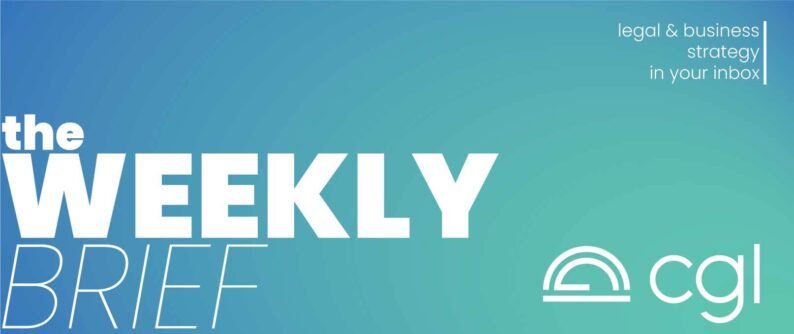Nearly 250 companies went public via SPAC mergers in 2020, and there were nearly 300 SPAC-merger filings in the first quarter of 2021 alone. Yet, SPAC investment seems to be dropping in the US (while it’s slowly warming up in Europe). This week, we’ll explore why this is happening – and whether SPACs are hot or not in 2021.
Firstly, what are SPACs?
SPACs, or Special Purchase Acquisition Companies, are publicly traded companies that are created for the sole purpose of acquiring or merging with an existing company. They are essentially shell companies, whose only asset is the capital raised during its Initial Public Offering (IPO). They don’t have any products or services that they sell, nor do they have plans to create products or services.
You can read more about SPACs in the SEC’s overview here.
So, should you consider a SPAC?
The answer to this question varies widely, depending on your company’s circumstances. SPACs have traditionally been used by smaller companies which have encountered difficulties in raising money on the open market. They were viewed as more of a ‘last resort’ than a preferred choice for companies. However, going public via a SPAC does come with perks for founders.
Benefits of SPACs for founders
SPAC transactions are faster, simpler and offer more certainty, since founders are able to negotiate the price in advance (instead of relying on the open market to determine the value). They may cost less than an IPO as well. Since founders don’t need to drum up hype about the business, they just need to convince the SPAC’s investors to buy in, and marketing costs are kept down.
Drawbacks of SPACs for founders
However, SPACs aren’t always the best choice for founders.
The investors in the SPAC carry additional risk and expect the share valuation to reflect that increased risk. So, while founders get valuation certainty, it may be that the valuation is lower than what you’d receive had you gone down the route of a more traditional IPO.
Moreover, participating in a SPAC further dilutes ownership. Founders should expect to part with 20% of their company during a SPAC acquisition.
SPACs are also usually interested in a particular industry: with around 60% of funded SPACs looking to invest in tech, health sciences, or financial services companies. If you operate outside these industries, you may find it more difficult to attract investment.
Finally, attracting the interest of SPACs is now more competitive than ever. When SPACs began trending, investors were quick to jump on the wagon, leading to an oversupply of SPACs ready to invest compared to desirable companies ready for investment. This has resulted in underperformance of SPACs, and cooling investor interest going into the second half of 2021.
Understanding Trends in Trading.
You’ll find more information about another trend in trading, direct listings, here.
If you need guidance navigating or planning for your exit, get in touch. We’re here to help.
Disclaimer
The materials available at this website are for informational purposes only and not for the purpose of providing legal advice. You should contact your attorney to obtain advice with respect to any particular issue or problem. Use of and access to this website or any of the e-mail links contained within the site do not create an attorney-client relationship between CGL and the user or browser. The opinions expressed at or through this site are the opinions of the individual author and may not reflect the opinions of the firm or any individual attorney.

